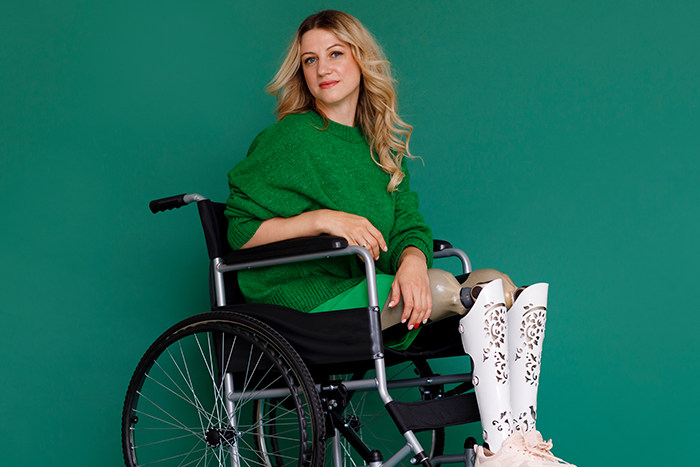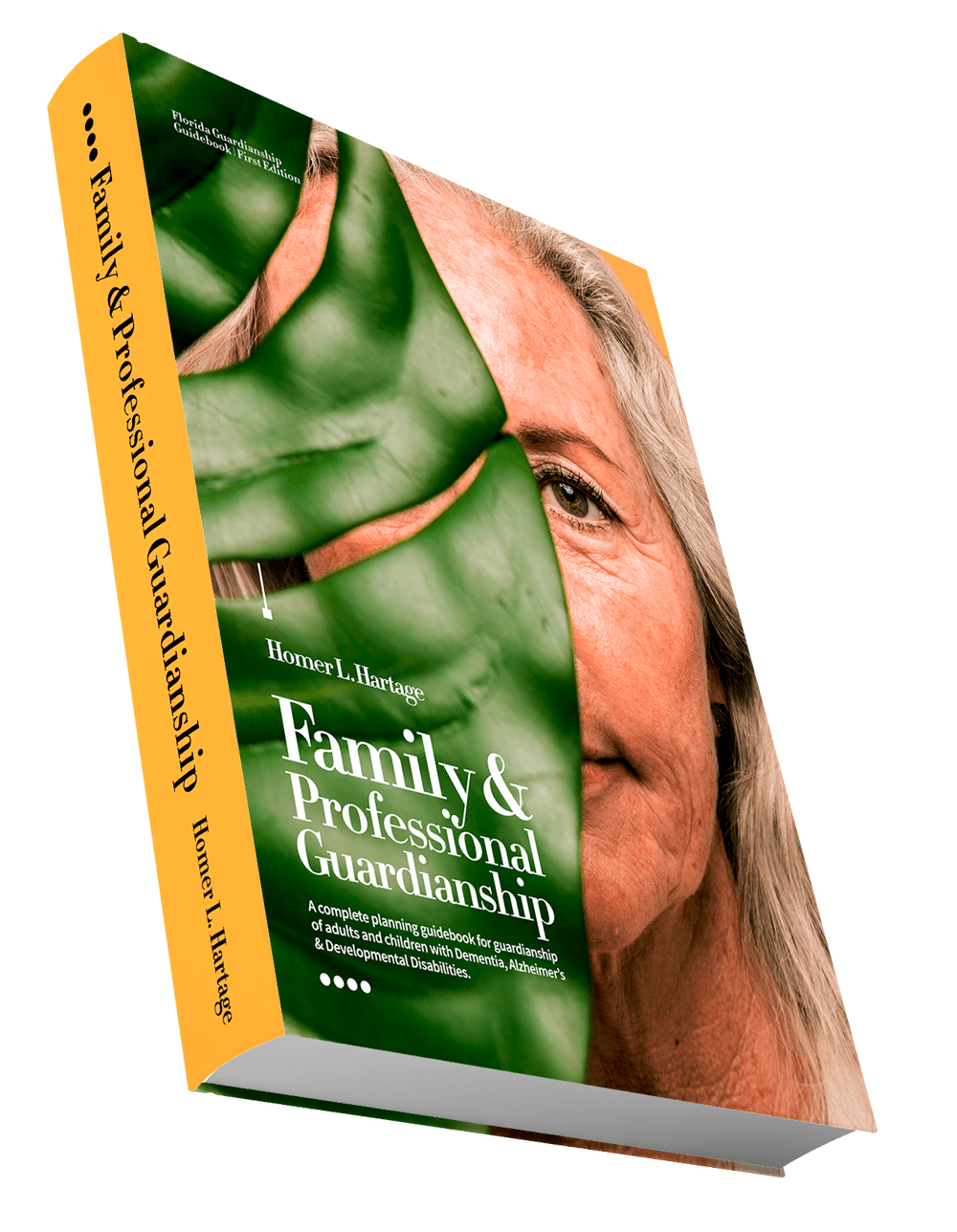![]() Mon-Fri: 8am to 5pm
Mon-Fri: 8am to 5pm ![]() +1 321-251-2812
+1 321-251-2812 ![]() guardians@agedcareguardian.com
guardians@agedcareguardian.com

Florida Grants New Guardianship Rights to Disabled Adults
Legal guardianship for adults with disabilities is a crucial aspect of ensuring their well-being and protection. In Florida, like in many other states, legal guardianship provides individuals with disabilities the necessary support and representation to navigate various aspects of their lives. Understanding the intricacies of legal guardianship is essential for both individuals with disabilities and their families. It empowers them to make informed decisions and unlock new opportunities for personal growth and independence.
Guardianship’s Impact on Disabled Adults’ Lives
Protection & Advocacy: Legal guardians act as advocates and protectors, ensuring that the individual’s rights are respected and their needs are met. They navigate complex systems and make decisions that promote the individual’s well-being.
- Access to Necessary Services: Legal guardianship opens doors to essential services, such as healthcare, housing, and education. It ensures that individuals with disabilities receive the support they need to thrive and reach their full potential.
- Financial Management: Guardianship enables responsible financial management, ensuring that the individual’s assets are protected and used for their benefit. It safeguards against exploitation and provides accountability in financial matters.
- Peace of Mind for Families: Legal guardianship provides families with peace of mind, knowing that their loved one is cared for and protected. It alleviates concerns about decision-making and ensures that the individual’s needs are met even in their absence.
Dispelling Misconceptions: Adult Disability Guardianship
- Loss of Autonomy: One misconception is that legal guardianship automatically results in the loss of the individual’s autonomy. In reality, guardianship should be tailored to the individual’s unique circumstances, and decisions should be made in their best interest while maximizing their autonomy.
- Permanent Status: Some believe that legal guardianship is a lifelong commitment. However, guardianship can be modified or terminated if the individual’s circumstances change or if there is evidence that they can exercise some decision-making capacity independently.
- Lack of Involvement: Another misconception is that legal guardians make decisions without involving the individual. While the level of involvement may vary depending on the individual’s capacity, guardians should strive to involve them in the decision-making process to the extent possible.
- Financial Burden: There is a misconception that legal guardianship places a significant financial burden on the guardian. While there may be expenses associated with guardianship, such as court fees or legal assistance, financial support and resources are available to help alleviate these costs.
Conclusion: Legal guardianship is a powerful tool that empowers adults with disabilities in Florida to unlock new opportunities and live fulfilling lives. By understanding the importance of legal guardianship, the types of guardianship available, and the process of obtaining guardianship, individuals with disabilities and their families can navigate the system effectively.






